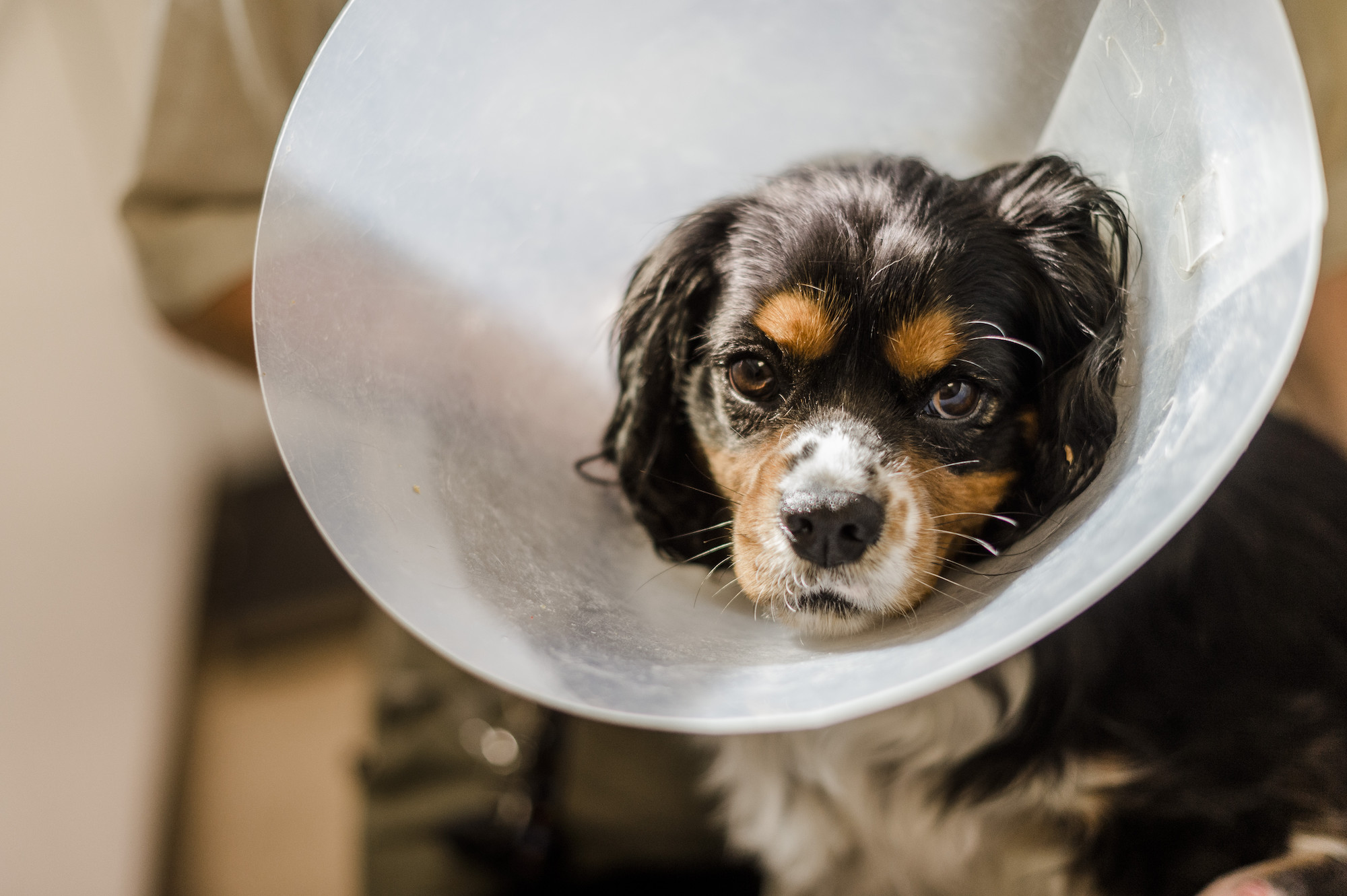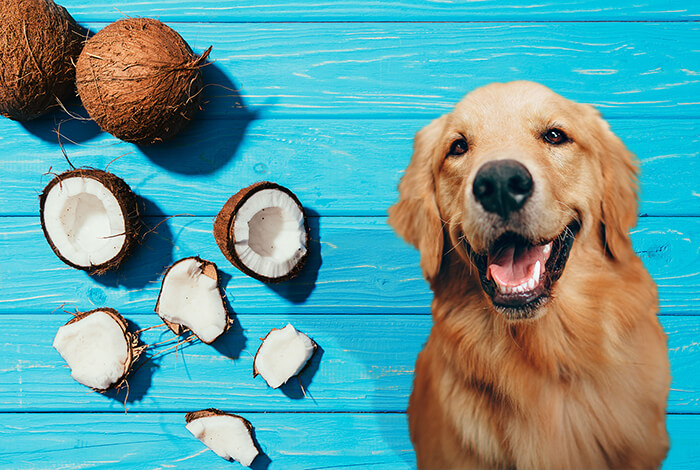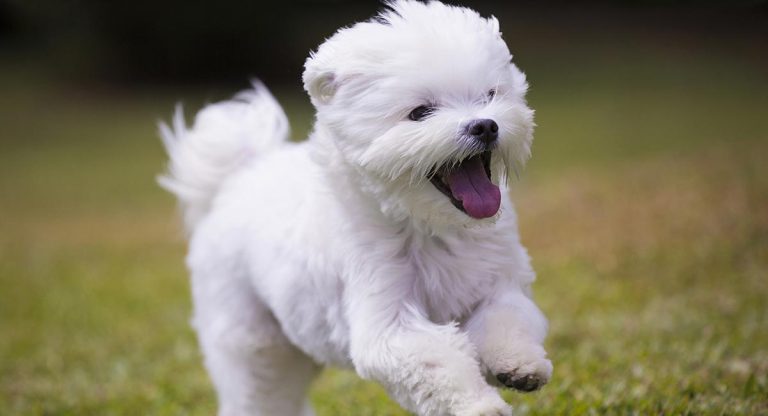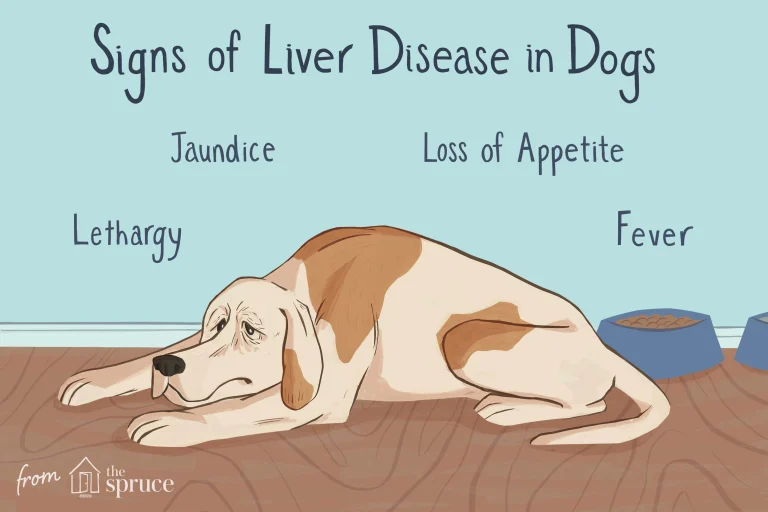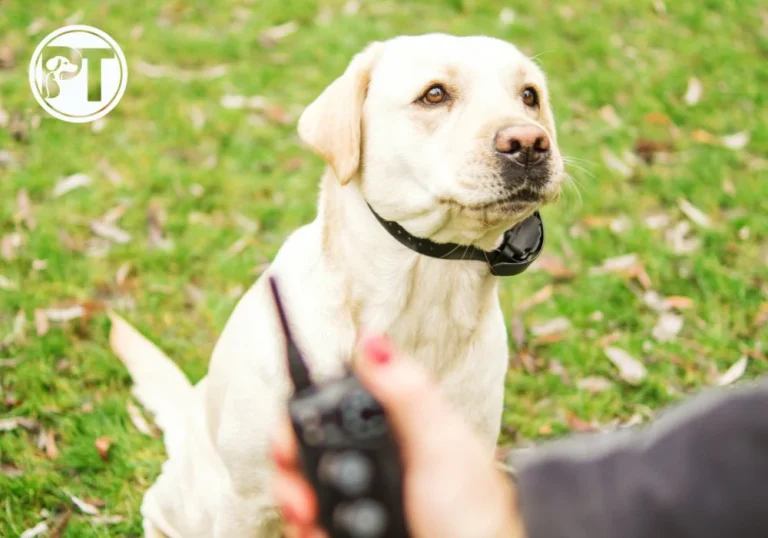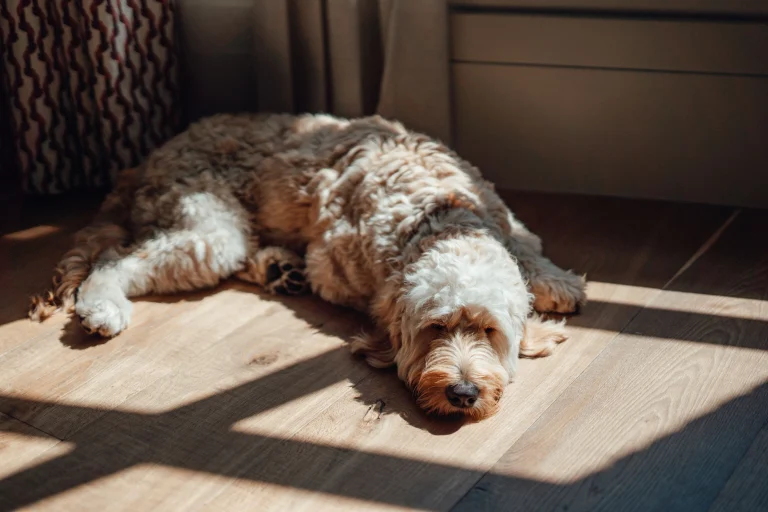How to Stop a Dog from Licking a Wound
Introduction:
When your furry companion sustains a wound, it is crucial to prevent them from licking it excessively. Dogs have a natural instinct to lick their wounds as a way of providing comfort and facilitating the healing process. However, excessive licking can delay the healing process, cause infections, and even lead to further complications. In this article, we will explore effective methods to prevent a dog from licking a wound and promote a speedy recovery.
Understanding the Importance of Preventing Dogs from Licking Wounds:
Preventing dogs from licking wounds is essential for several reasons. Firstly, excessive licking can introduce bacteria from the dog’s mouth into the wound, increasing the risk of infection. Additionally, constant licking can cause irritation and inflammation, further hindering the healing process. By taking proactive measures to stop the dog from licking, you can ensure proper wound healing and minimize potential complications.
Reasons Why Dogs Lick Wounds:
Dogs lick wounds for various reasons. It is a natural behavior driven by instinct. Licking can provide comfort, alleviate pain, and promote healing to a certain extent. Furthermore, the act of licking releases endorphins, which can have a soothing effect on the dog. However, it is crucial to strike a balance and prevent excessive licking to avoid complications.
The Dangers of Excessive Licking:
Excessive licking can lead to a range of problems for both the dog and the wound. Constant moisture from saliva can delay the formation of a scab and prolong the healing process. Moreover, licking can cause trauma to the wound site, reopening the injury and making it susceptible to infections. It can also lead to the development of hot spots, which are painful, irritated areas on the dog’s skin.
Identifying Common Signs of Wound Licking:
To effectively address the issue, it is important to recognize the signs of wound licking in dogs. Some common indications include persistent attention to a particular area, redness or swelling around the wound, the presence of saliva or wet fur near the wound site, and visible signs of irritation. If you observe any of these signs, it is crucial to take action promptly to prevent further complications.
Utilizing Natural Remedies: In addition to commercial products, there are also natural remedies that can be used to deter dogs from licking wounds. For example, you can try applying diluted lemon juice or apple cider vinegar to the surrounding area of the wound. The scent and taste of these substances can discourage licking. However, it’s important to consult with your vet before using any natural remedies to ensure they are safe for your dog.
Distracting the Dog: Providing distractions can divert your dog’s attention away from the wound. Offer them interactive toys, puzzles, or long-lasting chews to keep them engaged. Engaging in physical activities or going for walks can also redirect their focus. By keeping them mentally and physically stimulated, you can reduce the likelihood of them licking the wound out of boredom or anxiety.
Training Methods to Discourage Wound Licking Behavior:
- Positive Reinforcement: Training your dog to refrain from licking wounds can be achieved through positive reinforcement techniques. Reward your dog with treats, praise, or their favorite toys when they show good behavior and avoid licking the wound. This will help reinforce the desired behavior and create a positive association.
- Distraction Training: Teach your dog alternative behaviors to licking, such as “sit” or “lie down,” and reward them when they follow these commands. This redirection of focus can help break the habit of licking wounds. Consistency and patience are key when using distraction training techniques.
- Professional Training: If your dog’s wound-licking behavior persists despite your best efforts, seeking the assistance of a professional dog trainer or behaviorist can be beneficial. They can provide tailored training techniques and strategies to address the specific needs of your dog.
Seeking Veterinary Assistance:
If you have tried various methods to stop your dog from licking a wound and the behavior continues or worsens, it is important to consult your veterinarian. They can assess the wound, identify any underlying issues, and recommend appropriate treatment options. In some cases, they may suggest using medications or additional interventions to help manage the situation effectively.
Conclusion:
Preventing dogs from licking wounds is crucial for their overall well-being and successful wound healing. By understanding the reasons behind their behavior and implementing effective techniques such as using cone collars, topical treatments, distractions, and training methods, you can successfully stop your dog from licking wounds. Remember to consult with your veterinarian for guidance and support throughout the process.

